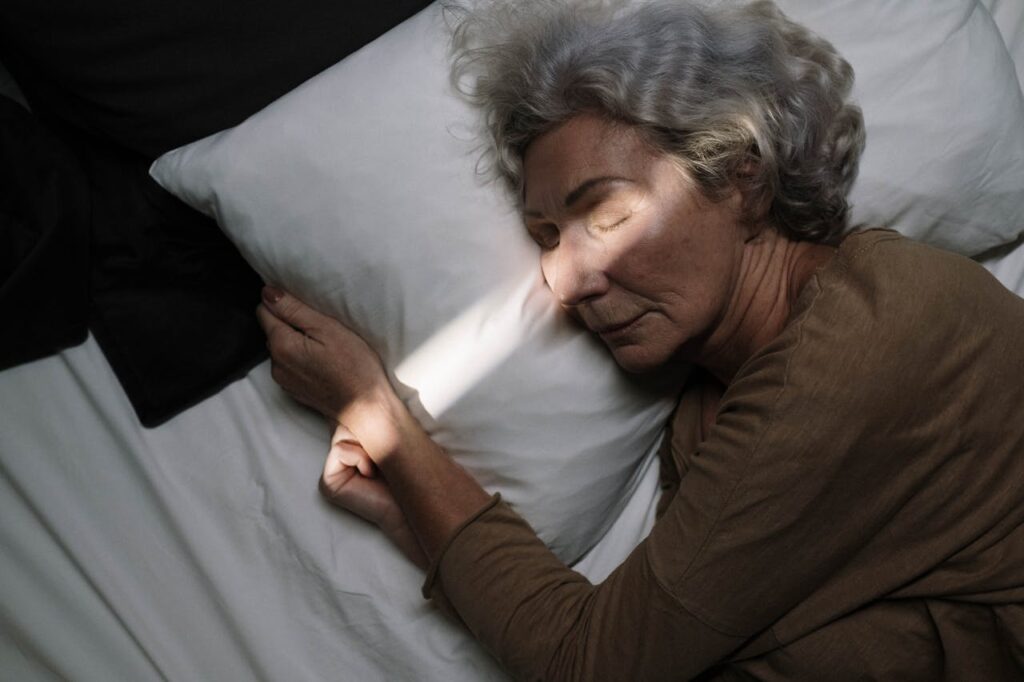Sleep Well, Live Well: Why Sleep Matters for Seniors
As we age, our relationship with sleep can change. While some may find themselves napping more often, others struggle to get a good night’s rest. But for everyone, quality sleep remains a vital part of healthy aging.

Why Sleep Matters More Than Ever
Just like anyone else, older adults need a good night’s sleep for physical and mental well-being. Sleep strengthens the immune system, boosts memory and focus, and regulates emotions. It can even help manage chronic conditions like heart disease and diabetes.
Common Sleep Challenges for Seniors
Many factors can disrupt sleep in older adults. These include:
- Age-related changes: Sleep patterns naturally shift as we age, making it harder to fall asleep and stay asleep through the night.
- Medical conditions: Pain, chronic illnesses, and medication side effects can all contribute to sleep problems.
- Lifestyle factors: Irregular sleep schedules, daytime napping, and anxiety can also disrupt sleep.
Getting a Good Night’s Rest
The good news is there are steps seniors can take to improve their sleep:
- Stick to a regular sleep schedule: Go to bed and wake up at the same time each day, even on weekends.
- Create a relaxing bedtime routine: Take a warm bath, read a book, or listen to calming music before bed.
- Make sure your bedroom is sleep-friendly: Keep it dark, quiet, and cool.
- Get regular exercise, but avoid strenuous activity close to bedtime.
- Limit caffeine and alcohol intake, especially in the afternoon and evening.
If sleep problems persist, talk to a doctor. They can help identify underlying causes and recommend treatment options.
By prioritizing sleep, older adults can experience better health, improved mood, and a higher quality of life. So, embrace those shut-eye sessions – they’re an investment in your well-being!
